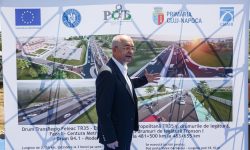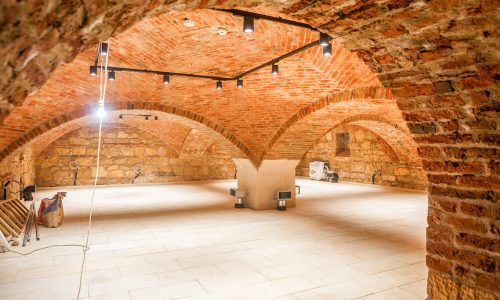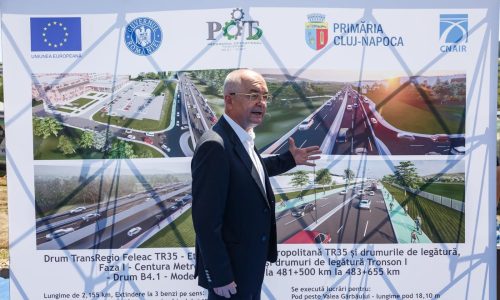Romania has officially entered the campaign period for what is shaping up to be the most consequential presidential election in decades—and not just because voters are heading back to the polls less than six months after the last round.
In December 2024, Romania’s Constitutional Court annulled the results of the presidential election’s first round, citing substantial evidence of foreign interference, particularly from Russian sources. The interference involved coordinated online campaigns aimed at influencing the election outcome, leading to concerns about the integrity of the electoral process.
Who’s The Key Players—and What They’re Promising?
Now, with the campaign officially underway, a packed field of candidates is making their case to a deeply divided electorate.
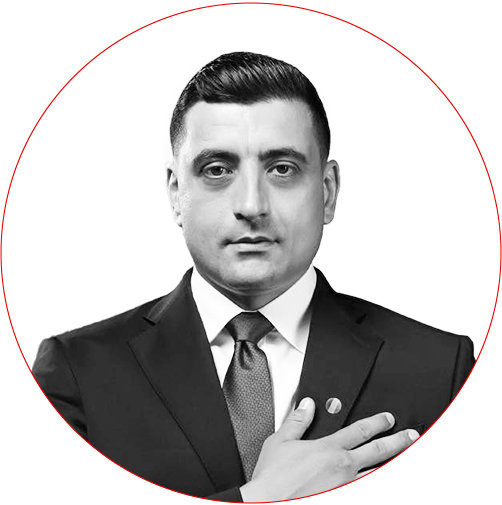
George Simion
Alliance for the Union of Romanians – AUR
Simion leads the nationalist AUR party, which has evolved from an anti-vaccine group into the country’s second-largest party. His campaign emphasises national sovereignty, reducing foreign influence, and prioritising Romania’s interests within the European Union. Simion has moderated some of his earlier revanchist positions, now focusing on national interest and sovereignty.
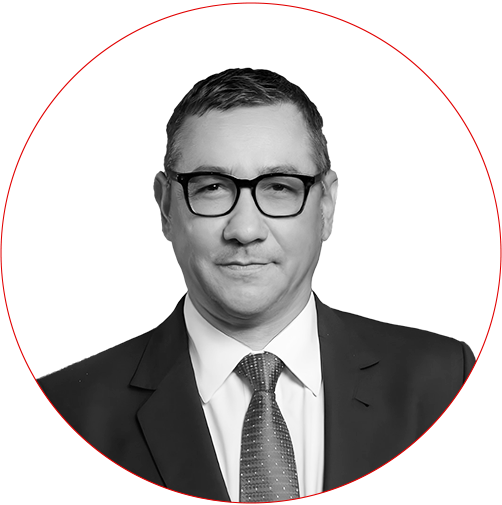
Victor Ponta
Independent
The former Prime Minister is positioning himself as a stabilising figure, focusing on restoring institutional trust, enhancing public healthcare, and attracting foreign investment. Ponta’s campaign aims to appeal to voters seeking continuity and experience in leadership.
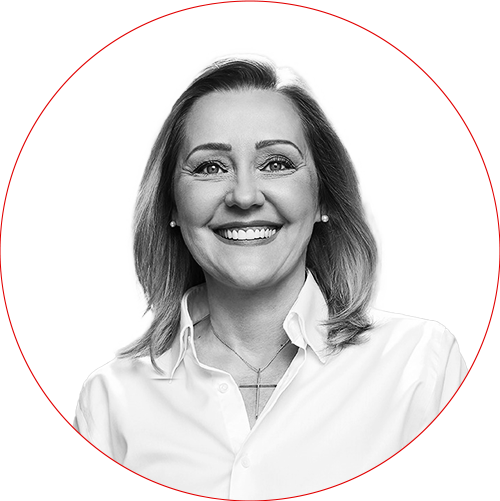
Elena Lasconi
Save Romania Union – USR
A former journalist and current mayor of Câmpulung, Lasconi leads the reformist Save Romania Union. She’s campaigning on transparency, EU alignment, and anti-corruption, with strong support from progressive and urban voters.
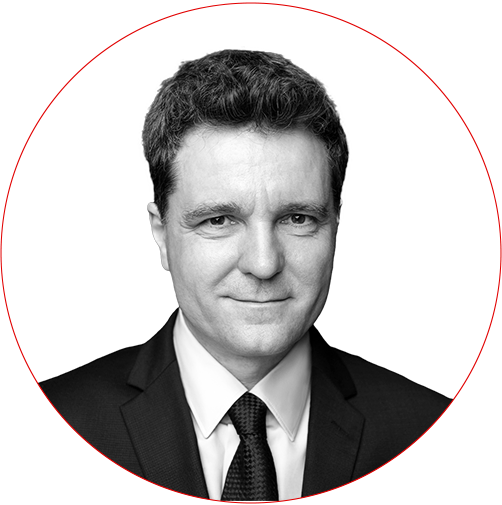
Nicușor Dan
Independent
As the current mayor of Bucharest, Dan is running on a technocratic, reform-focused agenda. His campaign highlights plans for significant improvements in infrastructure, education, and digital services, appealing to urban voters and those seeking pragmatic solutions to systemic issues.
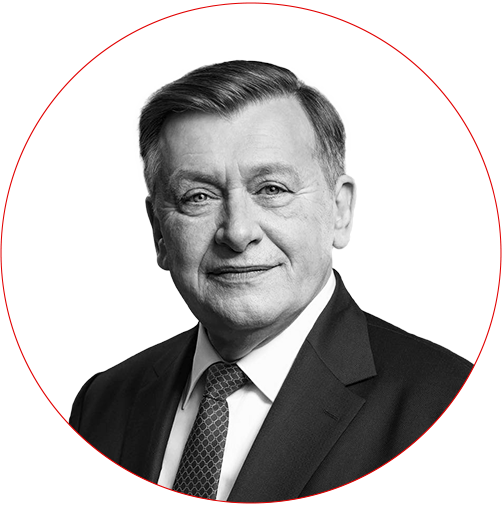
Crin Antonescu
Supported by PSD-PNL-UDMR Coalition
Antonescu, a seasoned politician and former Senate president, is making a political comeback with the backing of major political parties, including that of Cluj-Napoca's administration, who also form part of the coalition. His centre-right platform emphasises stability, deeper EU integration, and regional cooperation, aiming to attract voters favouring pro-European policies.
Why It Matters
This election will define Romania’s direction on several fronts—its stance within the EU and NATO, its approach to Ukraine, and how it tackles internal issues like judicial reform and corruption. The presidency holds considerable influence over foreign policy, national security, and key appointments, making this more than just a ceremonial vote.
Authorities have stepped up oversight this time around, with new rules to combat disinformation, particularly on platforms like TikTok and X. Public trust is on the line, and many voters will be looking for not just strong leadership, but assurances that their vote counts.
With just under a month to go before Romanians cast their ballots, the tone of the campaign is expected to sharpen. As the candidates begin nationwide tours, voters in cities like Cluj will be listening closely—not just to the slogans, but to the substance.
Key Dates
• Campaign Period: Begins on 4 April 2025 and concludes on 3 May 2025.
• First Round of Voting: Scheduled for 4 May 2025.
• Second Round (if necessary): Set for 18 May 2025.

